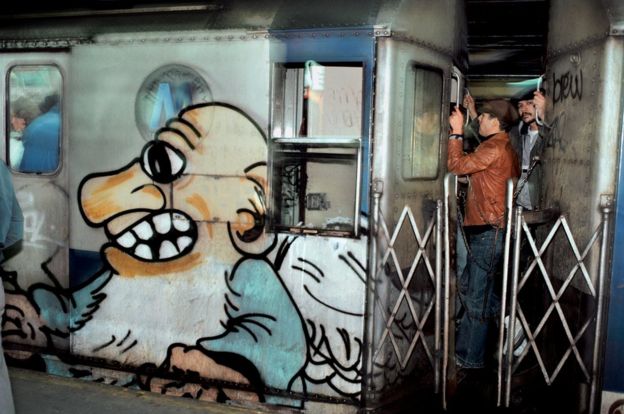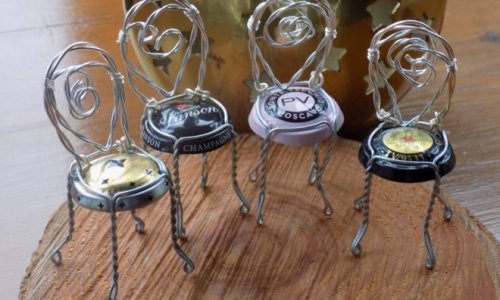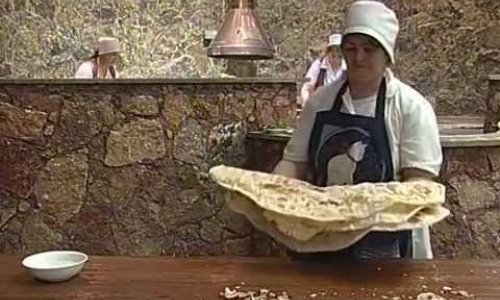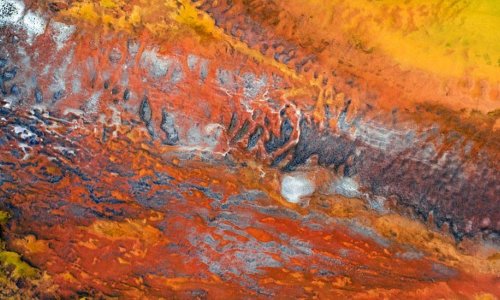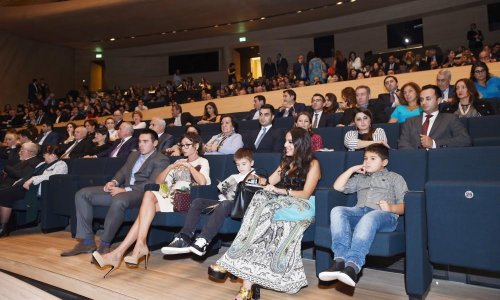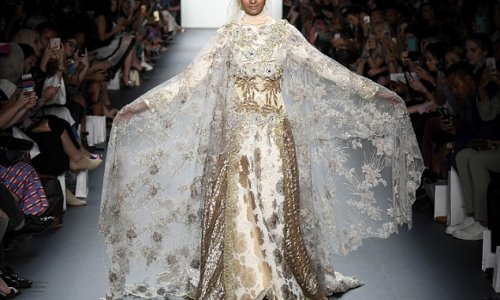In the late 1970s and early '80s, photographers Martha Cooper and Henry Chalfant were both documenting the work of graffiti artists on the subway system of New York.
Initially working independently, they finally met, combined their work and published a book called Subway Art in 1984, a tome that was to define the era, and arguably ensure the genre lived on to be reborn as part of the global art movement decades later.
By the end of the 80s, the graffiti culture was being forced to adapt, as by then, New York's Transit Authority had brought in procedures that made it tougher to gain access to the train yards. New models with coatings that were resistant to paint, and faster cleaning of any that were covered in graffiti also meant the artists' work was short-lived and the thrill of seeing the work trundling around the city was lost.
In the years since, some of the artists have fared well in the US and Europe, others have spent time in prison, one has become a policeman and some have died.
The art itself is now part of the mainstream, no longer reserved for city walls but a regular part of a designer's armoury.
For Cooper, the graffiti work is an important part of her time in New York, producing the images she is most proud of, rather than those shot on assignment for newspapers or magazines.
At times, she would spend hours waiting and watching, for that moment when good light combined with a powerful piece of art passing through an interesting part of the city.
Chalfant approached the graffiti from a different angle, concentrating on the work itself, often shooting a series of overlapping images using the motor drive on his camera. He would then splice the pictures together in his studio. He said at the time: "I was more interested in capturing the beautiful, ephemeral work of art than in taking a beautiful picture as a photographer."
Here is a selection of the photographs by Cooper and Chalfant.
(BBC)







www.ann.az
Follow us !

